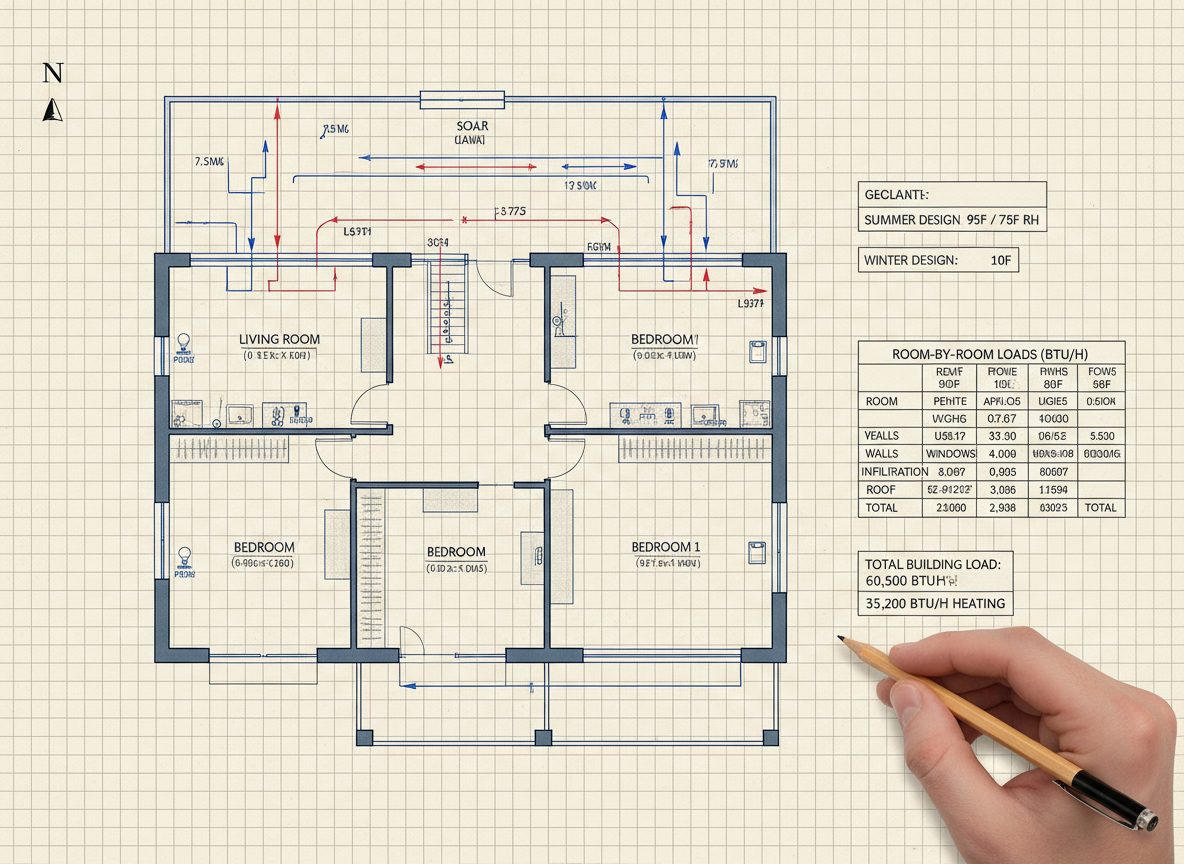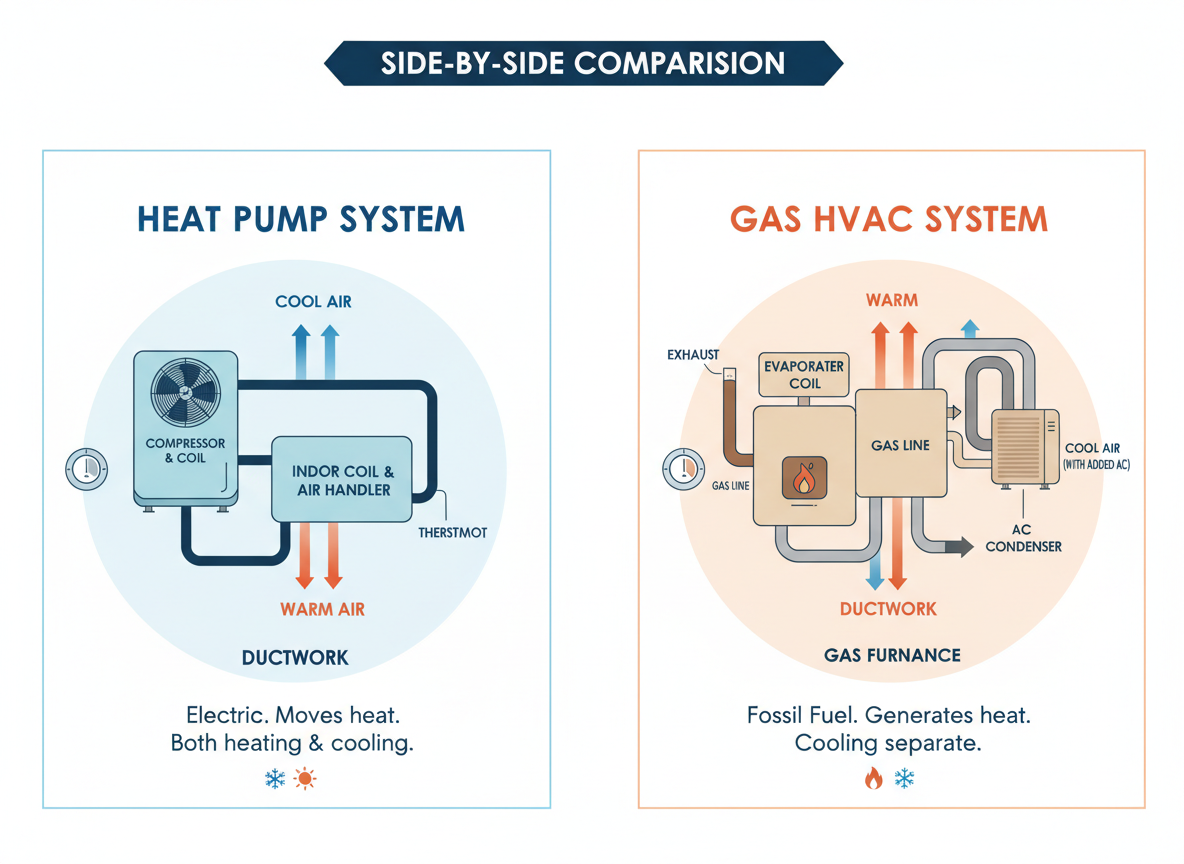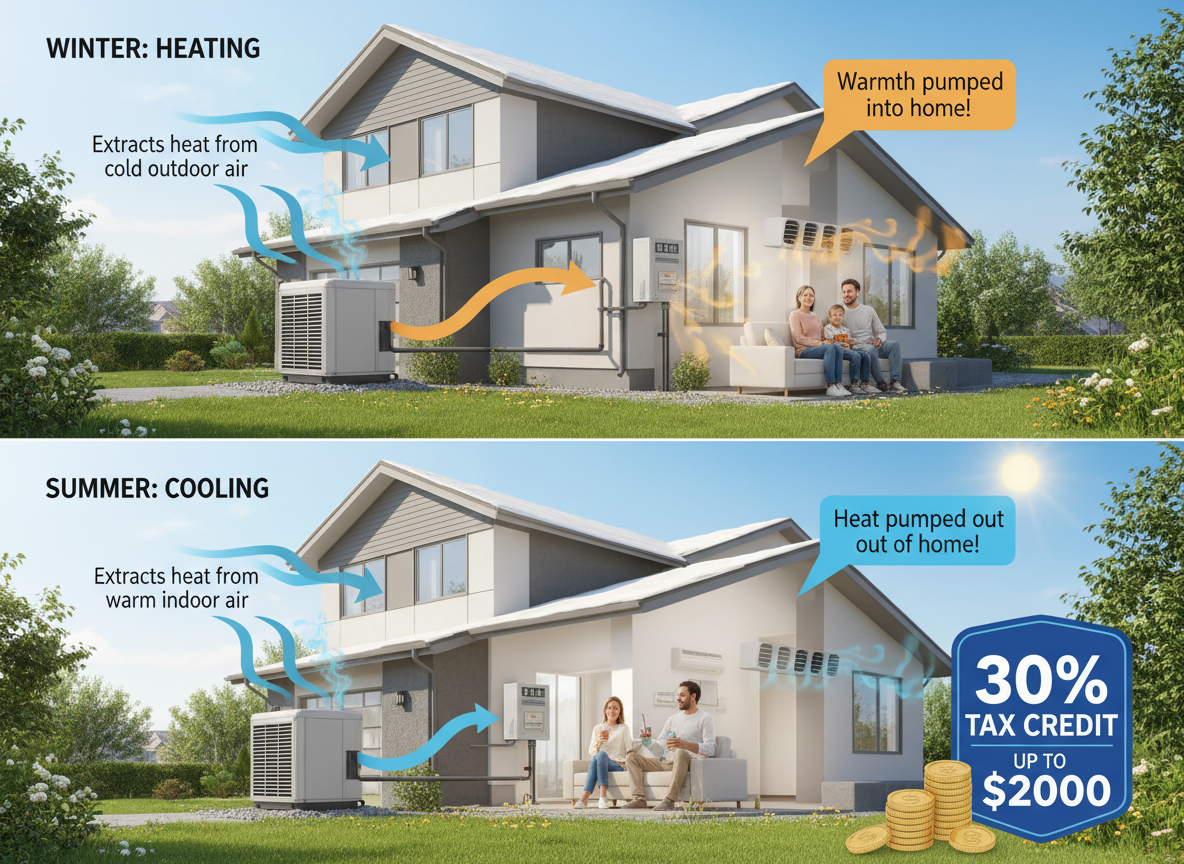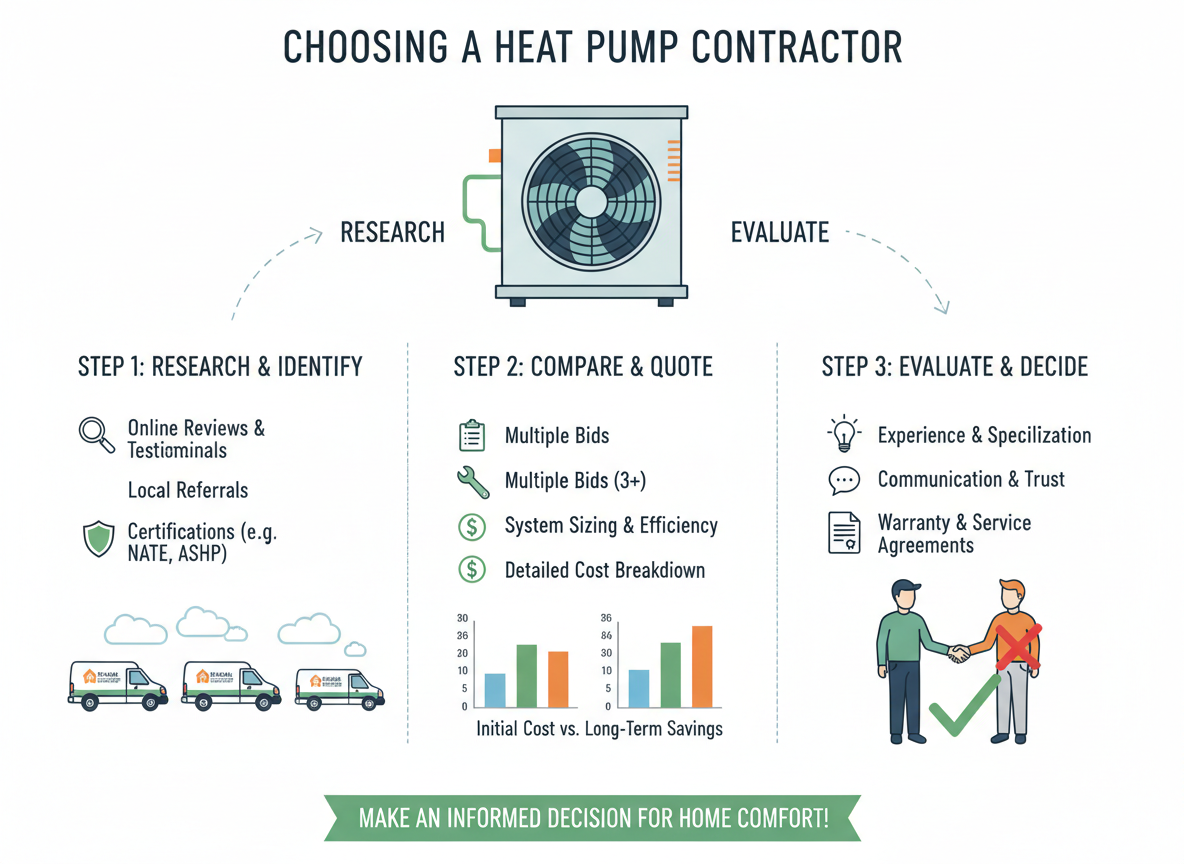
Humidity is the amount of water vapor in the air. High indoor humidity in your home in the summer feels awful. It is important to keep proper humidity levels in your home for several reasons. In the summer our bodies cool down by producing sweat that carries away body heat through evaporation. When humidity is high our bodies have a harder time cooling down.
When humidity levels are right you will feel more comfortable in your home leading to lower heating and cooling bills year-round. Furthermore, humidity is a contributing factor to health concerns such as allergies, respiratory issues, poor indoor air quality and mold growth. In the summer, the ideal range for indoor humidity is 30-50%. If there is too much moisture in the air it will make you feel hot and uncomfortable and lead to mold and wood rot.
On the other hand too, little humidity can also lead to allergies, asthma and can damage wood flooring as well. Keeping the levels at the right balance will help keep you and your home comfortable. You can measure indoor humidity with a hygrometer which you can purchase at a local hardware store. If your humidity levels are high, in this article we discuss how to reduce indoor humidity.
Run Your AC System
Besides cooling your space air conditioners also dry out the air as they work. They help reduce indoor humidity in your home because they introduce cooler air as they remove the warm, humid air.
Schedule AC Maintenance
During the summer your AC is in constant use and works hard to remove moisture from the air. The best way to take care of your system to keep it functioning and properly is to schedule routine AC maintenance. In between visits check the air filters in your system and replace them at least once every 3 months or more often during periods of heavy use. Keeping your system working properly and efficiently not only helps reduce humidity and extend the life of your HVAC system.
Avoid Condensation
Boiling water and taking hot showers increase the humidity in your home. If possible, try to avoid taking hot showers and reduce activities that produce steam in your home. Leaky faucets and pipes also add moisture to the home, fix any leaking pipes to reduce indoor humidity.
Proper Ventilation
Try opening a window if the inside of your home feels stuffy. This will allow for your home to properly ventilate. Turn the air off if you open the windows and doors to give your AC a break for a while and not let cool air outdoors. If possible open doors and windows on opposite sides of the room to create airflow.
Use Fans
Fans can also be as helpful as opening windows. They keep the air moving to prevent stagnant air. When showering or cooking utilize your exhaust fans to minimize excess humidity. It is also helpful to use your ceiling fans to move air across the room to keep the airflow more refreshing. If your home does not have any exhaust or ceiling fans use standing fans. They can also be useful in areas of your home that do not have fans to help with the general airflow of the home.
Use A Dehumidifier
Dehumidifiers fit inside your furnace air handler and remove moisture from the air as it passes through.
Contact LA Heating and Air
Whether you need to schedule routine AC maintenance or AC repair we are here to help you keep your system running properly and efficiently. We are here to help keep you cool and comfortable in your home this summer. Give us a call today or contact us online.
How To Reduce Indoor Humidity:






















.png)














